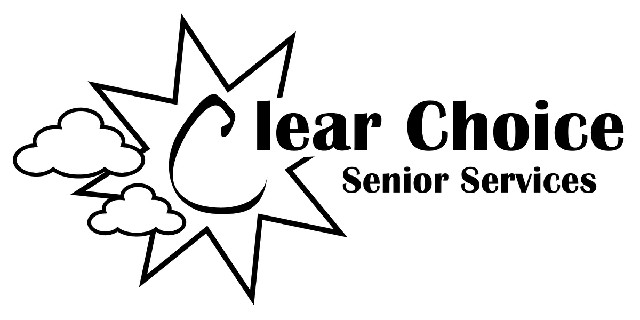Observed every March, National Kidney Month is a crucial time to raise awareness about kidney health and the importance of early detection and prevention of kidney disease. This is especially important in elderly care, as seniors are more susceptible to kidney problems due to age-related physiological changes and other contributing factors. This article explores the unique challenges of maintaining kidney health in older adults and provides practical tips for protecting kidney function in elderly care settings.
The Importance of Kidneys:
The kidneys are vital organs that perform several essential functions in the body, including:
- Filtering waste and toxins from the blood: The kidneys remove waste products and excess fluid from the bloodstream, which are then excreted in urine.
- Regulating fluid and electrolyte balance: The kidneys maintain a delicate balance of fluids and electrolytes (such as sodium, potassium, and calcium) in the body, which is crucial for proper muscle and nerve function.
- Producing hormones: The kidneys produce hormones that help regulate blood pressure, red blood cell production, and bone health.
Why Seniors Are More Vulnerable to Kidney Problems:
Several factors contribute to the increased risk of kidney disease in older adults:
- Age-Related Decline in Kidney Function: Kidney function naturally declines with age. This means that the kidneys may not be as efficient at filtering waste and regulating fluids as they were in younger years.
- Increased Prevalence of Chronic Conditions: Seniors are more likely to have chronic conditions such as diabetes, high blood pressure, and heart disease, which are major risk factors for kidney disease.
- Medications: Many medications commonly prescribed to seniors can affect kidney function, especially when taken long-term or in combination with other medications.
- Dehydration: Seniors are more prone to dehydration due to decreased thirst sensation and other factors, which can put extra stress on the kidneys.
Common Kidney Problems in Seniors:
Some of the common kidney problems that affect seniors include:
- Chronic Kidney Disease (CKD): A progressive loss of kidney function over time. CKD often has no symptoms in its early stages, making early detection crucial.
- Acute Kidney Injury (AKI): A sudden decline in kidney function, often caused by illness, infection, or medication side effects.
- Urinary Tract Infections (UTIs): UTIs are more common in seniors and can lead to kidney infections if left untreated.
Protecting Kidney Health in Elderly Care:
Several strategies can help protect kidney health in elderly care settings:
- Promote Hydration: Ensure seniors have access to plenty of fluids throughout the day. Encourage regular fluid intake, even if they don’t feel thirsty. Monitor for signs of dehydration, such as decreased urination, dark-colored urine, and dry mouth.
- Manage Chronic Conditions: Effectively managing chronic conditions such as diabetes, high blood pressure, and heart disease is crucial for protecting kidney health. Work with healthcare providers to develop and implement appropriate treatment plans.
- Medication Management: Regularly review seniors’ medications with a doctor or pharmacist to identify any medications that may be affecting kidney function. Adjust dosages or consider alternative medications if necessary.
- Healthy Diet: Encourage a balanced diet that is low in sodium and processed foods. A diet rich in fruits, vegetables, and whole grains can help support kidney health.
- Regular Exercise: Encourage regular physical activity, as tolerated. Exercise can help improve overall health and kidney function.
- Regular Kidney Checkups: Seniors should have regular checkups with their healthcare provider, including kidney function tests, especially if they have risk factors for kidney disease.
- Early Detection and Intervention: Early detection of kidney problems is crucial for slowing the progression of kidney disease and preventing complications. Be aware of the signs and symptoms of kidney problems and seek medical attention promptly if any concerns arise.
The Role of Caregivers:
Caregivers play a vital role in protecting kidney health in seniors. They can:
- Ensure adequate hydration: By offering fluids regularly and monitoring fluid intake.
- Monitor for signs and symptoms of kidney problems: And report any concerns to the healthcare provider.
- Assist with medication management: And ensure medications are taken as prescribed.
- Encourage healthy lifestyle habits: Such as a balanced diet and regular exercise.
- Advocate for seniors’ healthcare needs: And ensure they receive regular kidney checkups.
Conclusion:
Protecting kidney health is an essential aspect of elderly care. By understanding the unique challenges faced by seniors and implementing practical strategies to promote kidney function, caregivers and healthcare professionals can play a crucial role in maintaining seniors’ health and well-being. During National Kidney Month and throughout the year, let’s prioritize kidney health in elderly care and ensure that seniors receive the support and care they need to maintain optimal kidney function and overall health.

